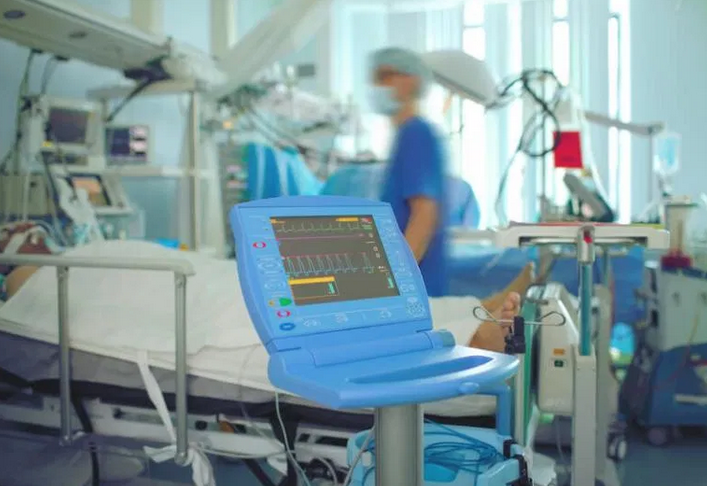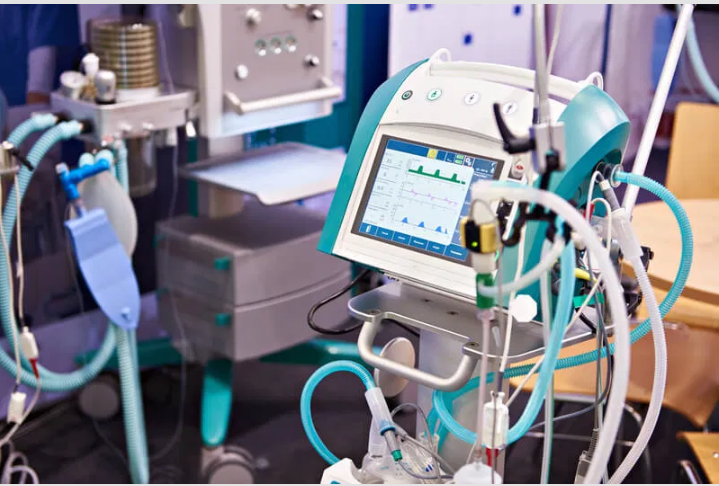© Sudok1 | Dreamstime.com By 31 March 2020, there were around 326 Covid-19 patients in intensive care and 228 on ventilators in Switzerland. It is estimated that there are around 750 ventilators across the country. If the health system reaches overload, medical professionals in Switzerland might be forced to make the kinds of difficult decisions being made in ...
Topics:
Investec considers the following as important: 3.) Health, 3) Swiss Markets and News, Coronavirus Switzerland, Covid-19 Switzerland, Editor's Choice, Featured, health, newsletter
This could be interesting, too:
Investec writes The global brands artificially inflating their prices on Swiss versions of their websites
Investec writes Swiss car insurance premiums going up in 2025
Investec writes The Swiss houses that must be demolished
Investec writes Swiss rent cuts possible following fall in reference rate

© Sudok1 | Dreamstime.com
By 31 March 2020, there were around 326 Covid-19 patients in intensive care and 228 on ventilators in Switzerland.
It is estimated that there are around 750 ventilators across the country.
If the health system reaches overload, medical professionals in Switzerland might be forced to make the kinds of difficult decisions being made in neighbouring France and Italy. According to RTS, some patients have been transferred to Switzerland from France, where hospitals are already overloaded.
In 2013, the Swiss Academy of Medical Sciences (SAMS) formulated a code of ethics to guide these difficult decisions. On 20 March 2020, as coronavirus infections started to climb, SAMS decided to make this ethical guidance public.
As long as sufficient resources are available, all patients requiring intensive care are admitted and treated. If an emergency situation occurs with a large number of seriously ill patients, rationing decisions must be made. Patients with COVID-19 are treated according to the same criteria as all other patients.
The code follows three central principles. Resources are to be allocated without discrimination based on age, sex, residence, nationality, religious affiliation, social or insurance status, or chronic disability. Medical staff whose health is at greater risk in the event of infection with the coronavirus should not be deployed in the care of patients with COVID-19. And, under conditions of acute scarcity, decisions are guided by the aim of minimising the number of deaths.
If intensive care unit capacity is exhausted and not all patients who require intensive care can be admitted, short-term patient prognosis is decisive for the purposes of triage.
Age is not to be applied as a criterion. It is however, indirectly taken into account under the main criterion of short-term prognosis – older people more frequently suffer from comorbidity, a COVID-19 risk factor.
Criteria such as lotteries, first come first served, and prioritisation according to social usefulness are not to be applied, according to the guidance.
Tags: Coronavirus Switzerland,Covid-19 Switzerland,Editor's Choice,Featured,Health,newsletter








